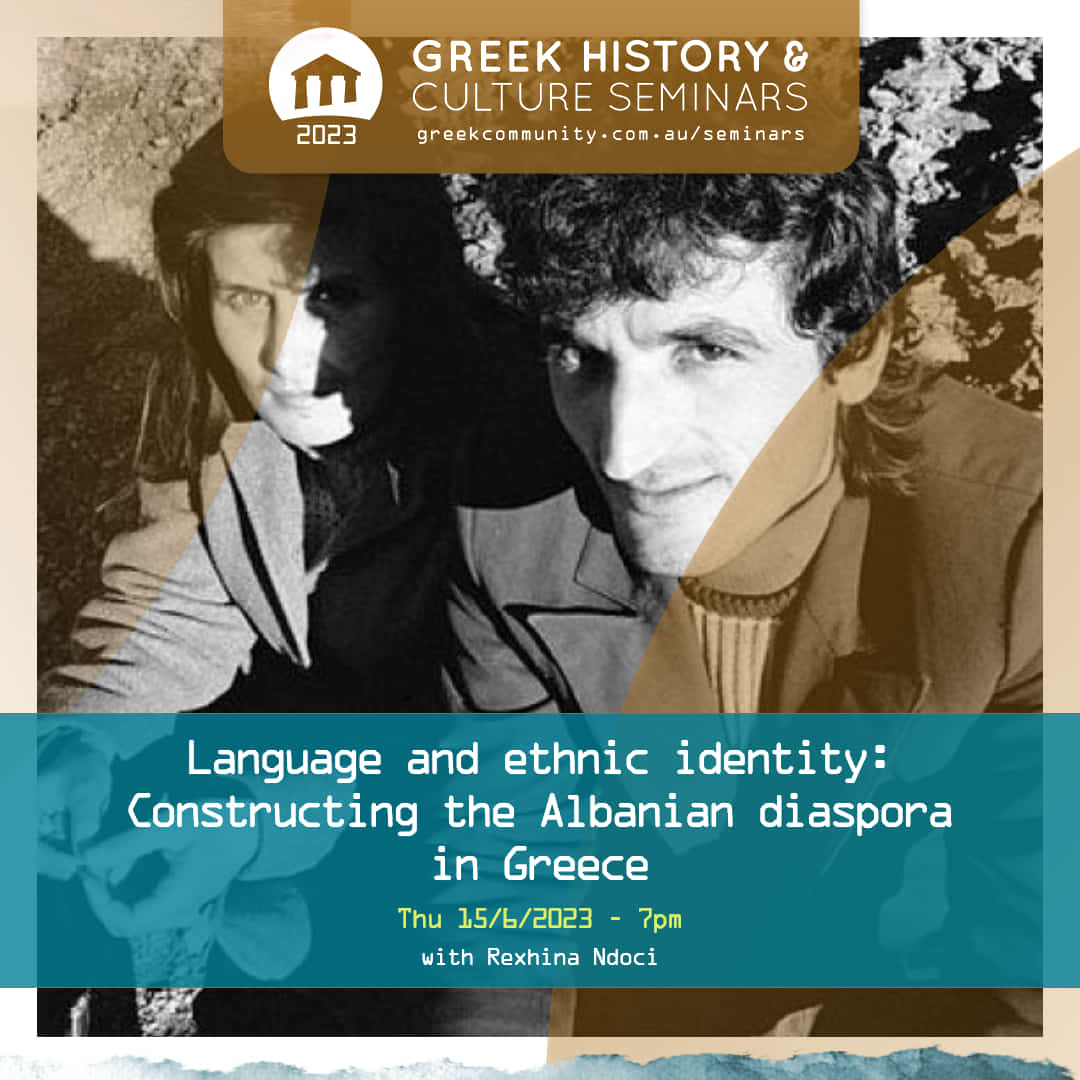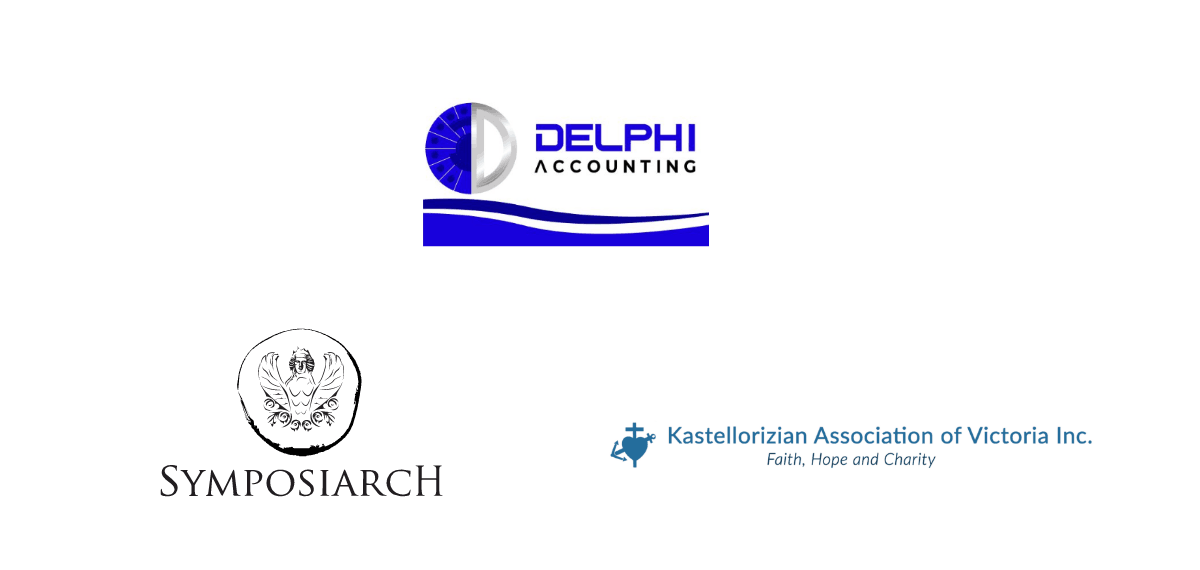| |
Synopsis
The fall of the socialist regime in Albania in the early 1990s saw the mass migration of Albanians mainly to their neighboring Greece and Italy (Mai & Schwandner-Sievers, 2003). As a result, Albanians make up the largest migrant group in Greece and approximately 5% of the population of the country (Hellenic Statistical Authority, 2014). Since their arrival to Greece, Albanian migrants have been met with “intense xenophobic discourse” (Archakis 2020, 7) and have been engraved in the Greek consciousness as “cunning”, “primitive”, “untrustworthy”, “dangerous” and “criminal” (Lazaridis & Wickens 1999, 648). In this talk I discuss two closely related studies, an analysis of Greek internet memes about Albanian L2 Greek (AlbGrk) and a perception experiment which examines the social evaluations of the same variety. For the first study, 98 memes from Greek websites and social media platforms were collected with a focus on those memes targeting Albanian migrants’ speech. The analysis shows that the majority of the memes present Albanians as aggressive, criminal, rural, and foul-mouthed individuals, reiterating the stereotypes about the ethnic group and, thus, reinforcing them. At the same time and, by implied comparison, Greeks are constructed as the diametric opposites of Albanians, namely, amiable, law-abiding, urban, and well-spoken. The analysis of the distinctive features of AlbGrk as constructed in the memes suggests that these are mostly phonological adaptations of phones not found in Albanian. Though close, the AlbGrk of the memes is not an accurate representation of actual AlbGrk, but rather what I call Mock Albanian Greek. I argue that memes can be a valuable window into the public perception of the features that seem to characterize the speech of migrant communities. The anonymity that the nature of memes offers to their creators (Davison 2012), by being transmitted and shared with few, if any, restrictions, facilitates the inclusion of content that can be harmful to vulnerable groups such as migrants by perpetuating existing stereotypes about them. Moreover, by focusing on AlbGrk, I add to the social speech perception literature which has neglected contemporary ethnic Greek varieties, and I show that listeners are sensitive to phonological and lexical features when making judgments about talkers. Here, those judgments (a) converge to a single indexical field (cf. Eckert 2008) for AlbGrk features which is constituted by associations with ruralness and negative social attributes, but also by dissociations from positive attributes, and (b) reveal the two ethnic groups’ overt and covert xenophobic ideologies about the ethnic variety’s speakers.
|
|



